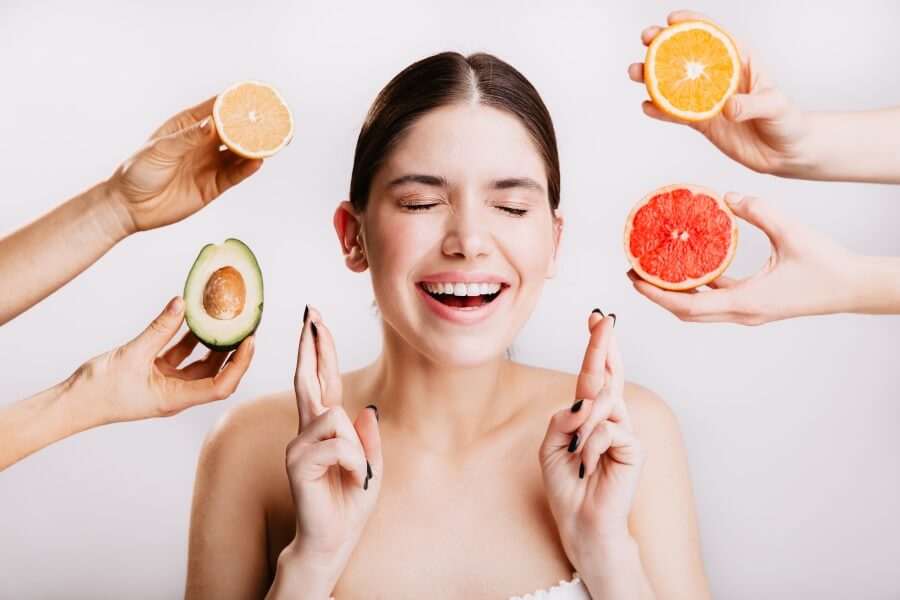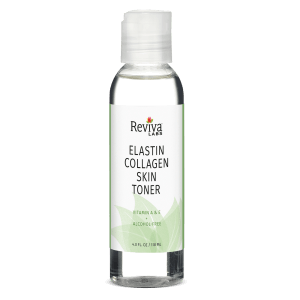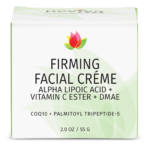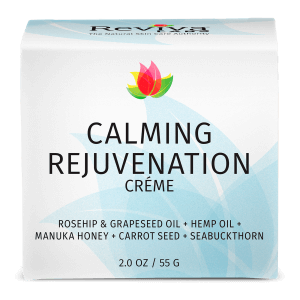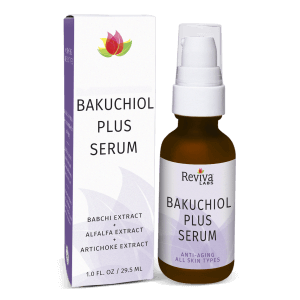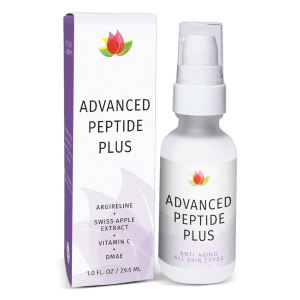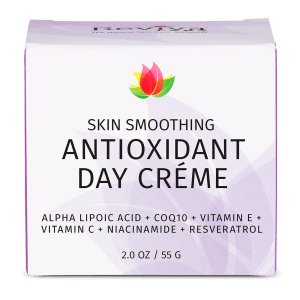Clean Beauty, Ingredients, Natural, Reviva Labs, Skin Care
Are Flavonoids Good for Your Skin?
When it comes to skin care, the quest for ingredients that promise a radiant, youthful complexion seems endless. Amidst this search, flavonoids, a group of naturally occurring compounds found abundantly in plants, have emerged as a beacon of hope. These compounds, renowned for their potent antioxidant properties, offer a multitude of benefits not just for overall health but also specifically for the skin.
The Antioxidant Powerhouse: Flavonoids in Skin Care
Flavonoids are more than just another ingredient in the vast world of skincare; they are a powerhouse. Found in various fruits, vegetables, and even certain beverages like tea and wine, these compounds are celebrated for their antioxidant properties. But what exactly does this mean for your skin? Antioxidants are like the guardians of your skin cells, protecting them from the relentless assault of free radicals. These free radicals are unstable molecules that can wreak havoc on the skin, accelerating aging, and contributing to a myriad of skin problems.
However, flavonoids do more than just guard the skin. They neutralize these harmful free radicals, effectively halting their damaging effects. This action helps in preserving the skin’s youthful vitality, reducing the appearance of aging signs like fine lines, wrinkles, and uneven skin tone. The result? A complexion that not only looks younger but also feels healthier.
Flavonoids and Sun Protection: A Natural Shield
One of the most remarkable aspects of flavonoids is their ability to offer protection against the sun’s harmful UV rays. While they are not a substitute for your regular sunscreen, they complement its protective effects. UV radiation is notorious for damaging the skin, leading to premature aging and increasing the risk of skin cancer. Flavonoids, with their antioxidant properties, help in mitigating the damage caused by UV rays.
They work by absorbing UV radiation, thus preventing it from penetrating deep into the skin layers. This protective barrier helps in maintaining the integrity of the skin, keeping it firm, resilient, and less prone to sun-induced damage. Incorporating flavonoid-rich products into your skincare routine, therefore, can be a game-changer, especially for those who spend a considerable amount of time under the sun.
The Soothing Touch: Flavonoids and Skin Inflammation
Inflammation is the root of many skin woes, from acne and rosacea to dermatitis and psoriasis. Flavonoids, with their anti-inflammatory properties, offer a soothing solution. They work by inhibiting the production and activity of inflammatory molecules within the skin. This not only helps in calming existing inflammation but also prevents future flare-ups.
The soothing effect of flavonoids is not just limited to reducing redness and swelling. It also promotes healing and restoration of the skin’s natural barrier. This is particularly beneficial for sensitive or compromised skin, which is more susceptible to environmental stressors. By reinforcing the skin’s defense system, flavonoids help in maintaining a balanced, healthy complexion.
Hydration and Elasticity: The Moisture-Retaining Benefits of Flavonoids
Hydration is the cornerstone of healthy skin, and flavonoids contribute significantly to this aspect. They help in retaining moisture, ensuring that the skin remains plump, soft, and supple. This moisture retention is crucial for maintaining the skin’s elasticity, which in turn prevents the formation of fine lines and wrinkles.
Moreover, flavonoids stimulate the production of collagen and elastin, two essential proteins responsible for the skin’s structure and firmness. This stimulation not only aids in maintaining the skin’s youthful appearance but also enhances its natural healing capabilities. As a result, skin that is enriched with flavonoids is more resilient, better equipped to withstand the signs of aging, and has a naturally radiant glow.
Here are some popular flavonoids, along with a brief description of each:
- Quercetin:
- Source: Found in apples, onions, red grapes, citrus fruits, cherries, and many berries.
- Benefits: Quercetin is known for its anti-inflammatory and antioxidant properties. It can help reduce inflammation, fight allergies, and support heart health. In skincare, it’s used for its ability to neutralize free radicals and calm skin irritations.
- Kaempferol:
- Source: Present in kale, beans, tea, spinach, and broccoli.
- Benefits: Kaempferol is celebrated for its antioxidant effects and its role in promoting cardiovascular health. It also has anti-inflammatory properties and may contribute to cancer prevention. In skin care, kaempferol can help protect against UV-induced damage and oxidative stress.
- Myricetin:
- Source: Found in berries, fruits, vegetables, herbs, tea, and wine.
- Benefits: Known for its antioxidant properties, myricetin helps in neutralizing harmful free radicals. It’s also linked with anti-inflammatory effects and may improve blood sugar levels and reduce the risk of heart disease.
- Anthocyanins:
- Source: Highly present in red, purple, and blue fruits and vegetables like berries, eggplants, red cabbage, and grapes.
- Benefits: Anthocyanins are potent antioxidants that protect against DNA damage, improve brain function, and may have anti-diabetic effects. They also contribute to the health and appearance of the skin by protecting against oxidative stress and improving blood flow.
- Catechins:
- Source: Abundant in green tea, cocoa, and some berries.
- Benefits: Catechins are well-known for their antioxidant properties. They are particularly noted for their role in promoting heart health, improving brain function, and potentially reducing the risk of cancer. In skincare, catechins are used for their ability to protect the skin from UV radiation and improve skin hydration and elasticity.
- Hesperidin:
- Source: Found mainly in citrus fruits.
- Benefits: Hesperidin is noted for its antioxidant and anti-inflammatory properties. It’s known to improve blood vessel function, reduce inflammation, and potentially help in reducing blood pressure. In skincare, hesperidin can help strengthen the skin’s capillaries and reduce dark circles under the eyes.
Flavonoids: The Natural Path to Radiant Skin
Incorporating flavonoids into your skincare routine can offer a multitude of benefits. From protecting against environmental aggressors to soothing inflammation and retaining moisture, these natural compounds are a treasure trove for those seeking healthy, radiant skin. However, it’s important to remember that while flavonoids are powerful, they are part of a holistic approach to skincare. A balanced diet, adequate hydration, and a consistent skincare routine, along with flavonoid-rich products, are key to achieving and maintaining a glowing complexion.
As with any skincare ingredient, it’s essential to choose products that suit your specific skin type and concerns. Consulting with a dermatologist can provide personalized advice, ensuring that you harness the full potential of flavonoids in your journey to radiant, youthful skin.
In conclusion, flavonoids stand out as a remarkable natural ally for the skin. Their antioxidant, anti-inflammatory, and moisture-retaining properties make them a versatile and beneficial ingredient in skincare. Embracing flavonoids in your routine can pave the way to a healthier, more vibrant complexion, reflecting the natural beauty and resilience of your skin.



